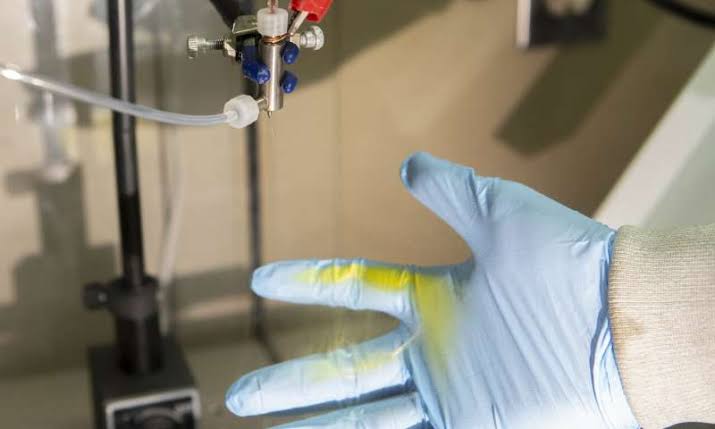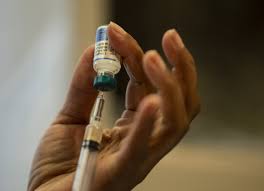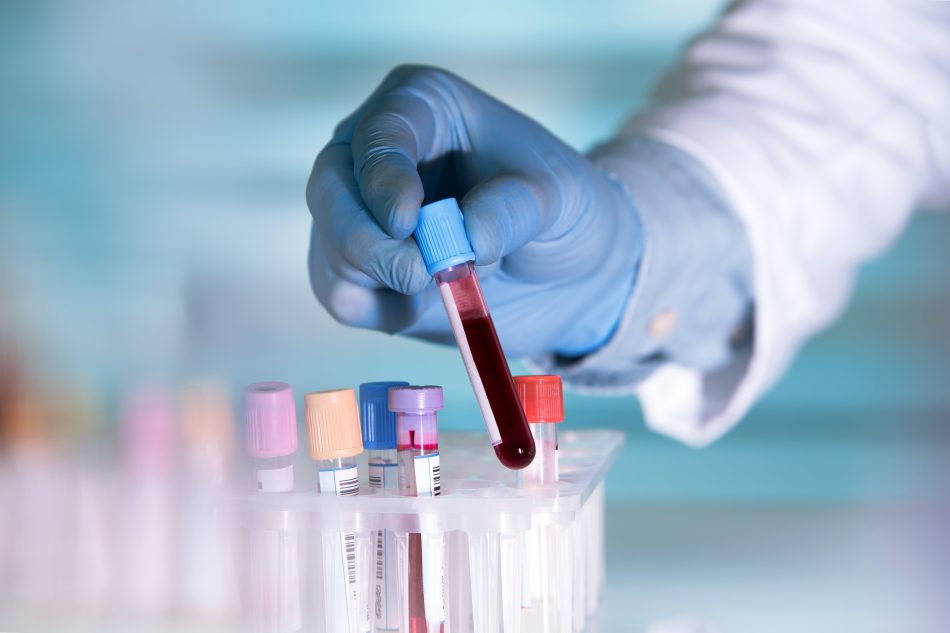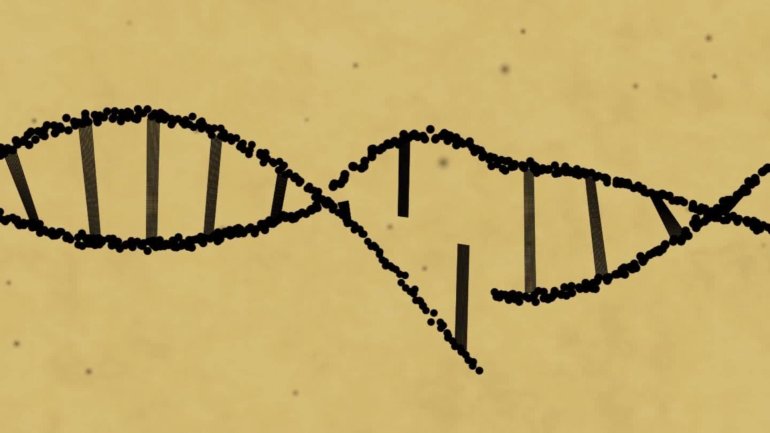
New treatment for brain tumors utilizes electrospun fiber
A novel engineering procedure can deliver a protected and successful dose of medication for cerebrum tumors without presenting patients to dangerous side effects from conventional chemotherapy.
University of Cincinnati professor Andrew Steckl, working with analysts from Johns Hopkins University, built up a new treatment for glioblastoma multiforme, or GBM, an aggressive form of brain cancer. Steckl's Nanoelectronics Laboratory applied an industrial fabrication process called coaxial electrospinning to form drug-containing membranes.
The treatment is embedded directly into the part of the brain where the tumor is precisely evacuated.
The investigation was published in Nature Scientific Reports.
"Chemotherapy essentially is whole-body treatment. The treatment has to get through the blood...




